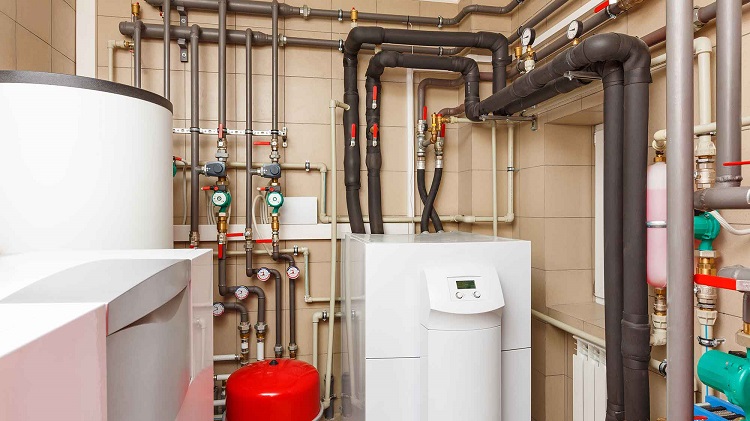Is It Time to Hire Replacement Services for Your Low-Pressure Hot Water Cylinder
Hot water is an integral part of our daily lives, mostly for a refreshing shower in the morning or a relaxing bath at night. Many households rely on hot water cylinders to ensure a steady supply of warm water for their various requirements. However, these components can experience wear and tear over time, leading to complications like low water pressure.
If you’ve noticed a decrease in your hot water pressure, it might be time to consider hiring replacement services for your low-pressure hot water cylinder. This guide will explore the signs that reveal the need for a replacement and why timely action is necessary.
Table of Contents
1. Decreased Hot Water Pressure
A noticeable decline in water pressure is one of the most apparent signs that low-pressure hot water cylinders necessitate replacement. If your once-powerful shower has become a weak trickle or takes ages to fill your bathtub, your hot water cylinder might be straining to perform efficiently. Low pressure is often a result of sediment accumulation or internal corrosion within the cylinder.
2. Age of the Cylinder
Hot water cylinders have an expiration date, just like any other appliance. Traditional cylinders typically have a 10- to 15-year lifespan. Even if there aren’t any issues currently, it’s a good idea to think about getting a replacement if your cylinder is getting close to or has passed this age range. Leaks, corrosion, and other problems that might interrupt your hot water supply are more likely to occur in aging cylinders.
3. Rust and Corrosion
Rust and corrosion are prevalent issues that affect the performance of hot water cylinders. If you see rusty water coming out of your taps or find visible signs of corrosion on the cylinder itself, it’s a clear sign that your cylinder is deteriorating. Rust weakens the cylinder walls, making it susceptible to leaks and, in extreme cases, even ruptures. Replacement becomes vital in such scenes to prevent potential water damage to your home.
4. Strange Noises
Unusual noises from your hot water cylinder, like banging, hissing, or popping noises, can indicate sediment accumulation or overheating. These problems can compromise the efficiency of your cylinder and, if addressed, lead to irreparable damage. Replacing the cylinder can assist in curbing these disturbing sounds and ensure smooth, quiet functioning.
5. Frequent Repairs
If you frequently call in a professional for repairs, investing in a new hot water cylinder might be more cost-friendly in the long run.Consistent breakdowns and repairs not only inconvenience you but also add up in terms of expenses. A new, reliable cylinder can save you from the hassle and expenditure of continuous maintenance.
6. Increased Energy Bills
An inefficient hot water cylinder can significantly contribute to higher energy bills. As the cylinder struggles to maintain the desired temperature, it consumes more energy, increasing costs. Replacing your old, inefficient cylinder with a newer, energy-efficient model allows you to enjoy consistent hot water while saving on utility bills.
In summary,noticing the symptoms of a failing low-pressure hot water cylinder and taking quick action can save you from inconvenience, potential property damage, and unnecessary expenses. If you are experiencing any of the issues mentioned above, it’s advisable to consult a professional plumber or technician to assess the condition of your cylinder.

